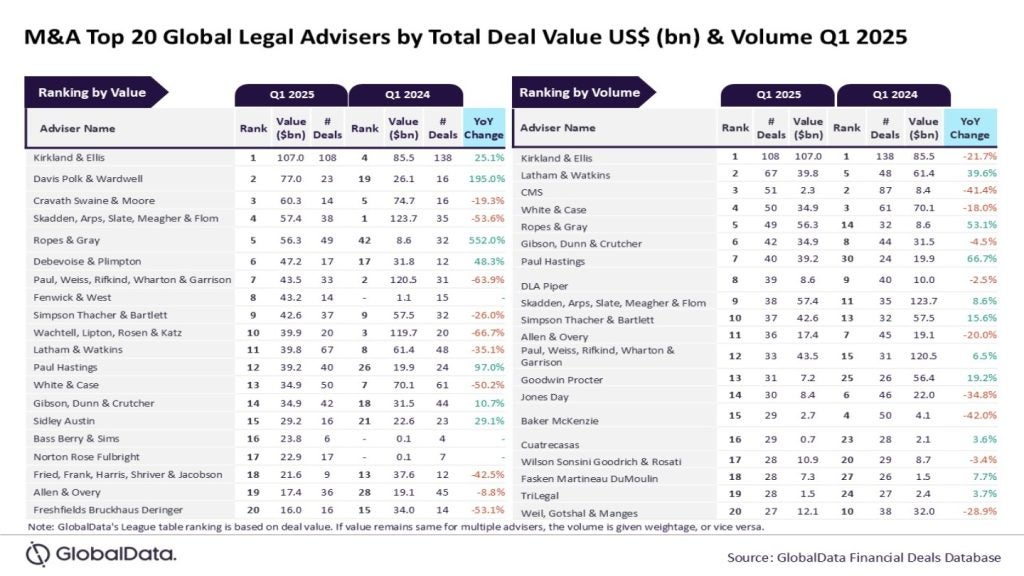
As 2023 begins, the private banking sector looks to what comes next. Volatility and cloud are not new themes to private banking, but they are developing and evolving. Prepare to hear a bit about this over the next twelve months. Patrick Brusnahan asks the experts
Stuart Beaver, wealth director, Kleinwort Hambros
2023: Kleinwort Hambros certain that volatility will continue
As 2022 ends we can perhaps start to look at what 2023 might have in store for us from a retirement and financial planning perspective. What are the themes that we might see?
Cash a decade long forgotten asset class is back. Not in a beat inflation way but in providing a return. We must remember that some investors have come into the market because of the low returns on cash for the last decade. So, we might expect to see this trend reverse.
Debt will come under review. While many clients have used Debt to build up property portfolios, buy bigger housing, the cost of the credit increasing is likely to bring into question its value.
Pensions:
- Depending on what occurs, we might see planning needed around any changes to lifetime allowance;
- Contribution advice will continue to be a hot topic for high earners as they try to get to grips with what they can and can’t contribute, and
- Those clients getting the wake-up letter 5 years from retirement will have an annuity as a consideration. While these have been poor value for the last few years, they may look more attractive.
Property as an investment will come into focus. Property has long been a supported class with low interest rates. With these now rising and the reduction in setoff allowances the cost of property investment may look unattractive. When we factor in the low yields that currently investors get in property is it likely to remain unattractive.
Tax legislation changes:
- Any changes to income tax, dividends or CGT are likely to bring these more into focus for clients. Should tax rates become overly onerous, structures come more into focus to try to reduce this when taxation increases, and
- Non-domicile regime would appear to be under review and so those currently utilising will need to consider.
Inflation will continue to concern investors as they look to try to keep up with the increasing costs that they face. This is both those in accumulation phase, does this mean I need to save more and those in decumulation, the buying power loss that they may face. Clearly if inflation does come down sharply this may well reduce. However, the more persistent inflation is the more challenging for the investor.
Hopefully 2023 will be a better year for investment than 2022 has been to date. The only thing I am certain of is that we will see volatility. Focusing on objectives and filtering out the noise will continue to be one of the most valuable additions that we provide.
Torsten Boettjer, chief cloud officer, Avaloq
Cloud services approach inflection point in wealth management
With the sudden arrival of global lockdowns three years ago, organisations quickly discovered the risk of location dependence and had to act swiftly to simplify client engagement over the internet. This paved the way for an impressive acceleration in digital transformation. Cloud computing technology has been particularly influential in facilitating this trend, with the switch to the cloud allowing companies to offer location-independent services.
The impact of cloud technologies on the financial industry in recent years is undeniable. They enable wealth managers to roll out new services more quickly, increase cost efficiency through flexible pricing models, and rapidly expand into new markets – without the substantial capital expenditure of on-premises infrastructure and development teams.
As we enter 2023, we will see an increase in cloud adoption among wealth managers. Cloud services are designed for user-friendliness, fast iterations and efficient data handling, which help organisations to react swiftly to ever-changing client needs and industry trends – beyond the capacity of traditional service models.
Compared to on-premises infrastructure, the on-demand model of infrastructure-as-a-service increases cost efficiency by replacing capital expenditure with operational expenditure, i.e. a shift from an asset ownership model to service consumption. As a result, the flexible pricing structure means that organisations only pay for what they use. Greater flexibility is a further benefit of cloud services when it comes to scalability, with cloud platforms offering wealth managers the ability to rapidly ramp up operations as their business grows. These aspects are essential for incumbent wealth managers to remain competitive as digital-only challengers continue to vie for market share.
A shared responsibility model between the cloud provider and the cloud user offers benefits for financial institutions through increased data security, with multiple layers of protection in place to mitigate data breaches. In fact, cloud infrastructure provides more security for internet-facing services than on-premises systems since the provider can roll out critical security updates much faster without service interruption and use the latest technologies such as artificial intelligence.
Despite the clear advantages of cloud platforms, many financial institutions and wealth managers are still reluctant to fully embrace the cloud due to cost-related migration concerns, uncertainty around regulation and misplaced fears about cybersecurity.
As we look to 2023 and beyond, we will see more and more financial institutions embrace cloud services as they realise the advantages such technologies provide in enabling business growth and understand the potential for even greater security standards. Having brought several banks and wealth managers live on the cloud this year, and with more in the pipeline, we believe that adoption of cloud infrastructure in finance will accelerate in the coming year, paving the way for more innovation and digital transformation across the industry.







